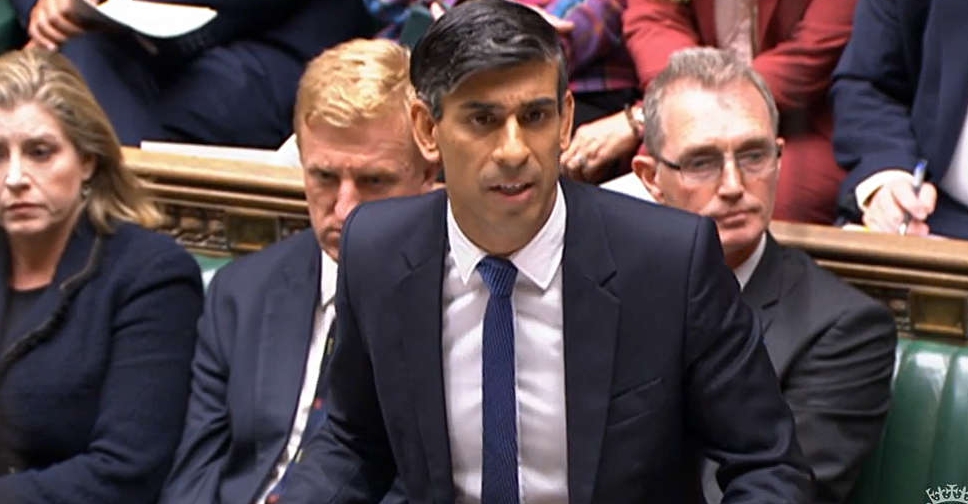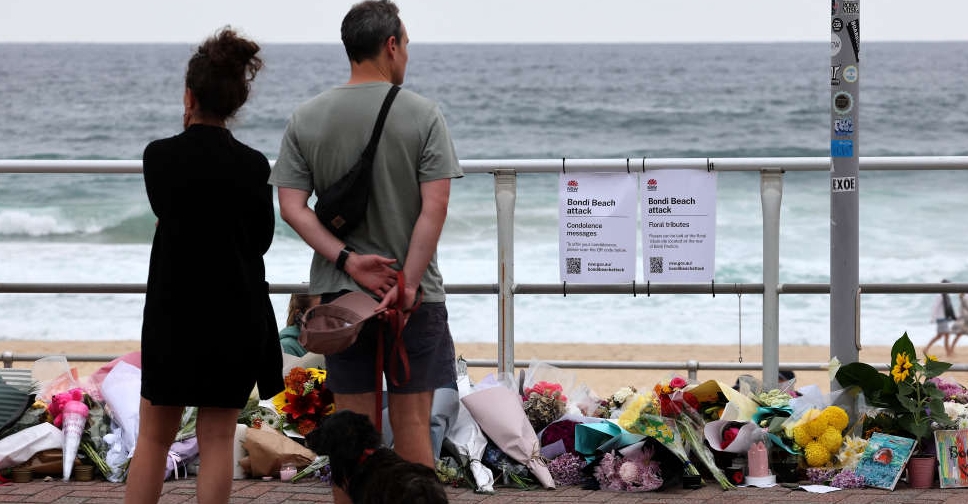
British Prime Minister Rishi Sunak's governing Conservatives suffered two crushing defeats in previously safe parliamentary seats on Friday, raising doubts about his party's ability to win the general election expected next year.
The double defeat showed a dramatic slump in support for the Conservatives, who have won the last four national elections, and indicates the opposition Labour Party is on course to win back power for the first time since 2010.
Labour won the seat of Mid-Bedfordshire, an area about 80 km north of London, overturning a majority of almost 25,000, making it the biggest deficit the party has overcome in a by-election since 1945.
Labour also overturned a huge majority in another former Conservative stronghold, Tamworth, a largely rural constituency in central England, with the party enjoying the second-highest swing from Conservatives since World War Two.
"These are phenomenal results that show Labour is back in the service of working people and redrawing the political map," Labour leader Keir Starmer said in a statement.
Sunak, a 43-year-old former investment banker, has recently tried to cast himself as a bold reformer and no longer the cautious technocrat who restored some of Britain’s credibility after scandals and economic turmoil forced his two predecessors from office.
With voters angry over high inflation, economic stagnation and long waiting times to use the state-run health service, Sunak is running out of time and opportunities to close the gap on Labour, who have enjoyed a double-digit polling lead over the Conservative for over a year.
A spokesman of the Conservatives said the results had been difficult but governments usually struggle to win elections mid-term.
In a speech at his party's conference this month, Sunak sought to cast himself as a bold reformer who was willing to take tough decisions to revive the economy.
Sunak announced plans to scrap a high-speed railway line that his predecessors had championed and last month announced plans to water down Britain's plans to tackle climate change.
After the conference, polls showed Sunak had failed to significantly narrow the deficit with Labour, although his personal ratings improved marginally.
Sunak is currently in the Middle East where he is encouraging countries to avoid a further escalation in the conflict between Israel and Hamas.




 Family of alleged Bondi gunman unaware of 'radical mindset', say Indian police
Family of alleged Bondi gunman unaware of 'radical mindset', say Indian police
 Israeli forces kill Palestinian teen in West Bank, health ministry says
Israeli forces kill Palestinian teen in West Bank, health ministry says
 Trump sues BBC for defamation, seeks up to $10 billion in damages
Trump sues BBC for defamation, seeks up to $10 billion in damages
 FBI foils 'terror plot' targeting Los Angeles
FBI foils 'terror plot' targeting Los Angeles
 Hong Kong court finds tycoon Jimmy Lai guilty in landmark security trial
Hong Kong court finds tycoon Jimmy Lai guilty in landmark security trial




